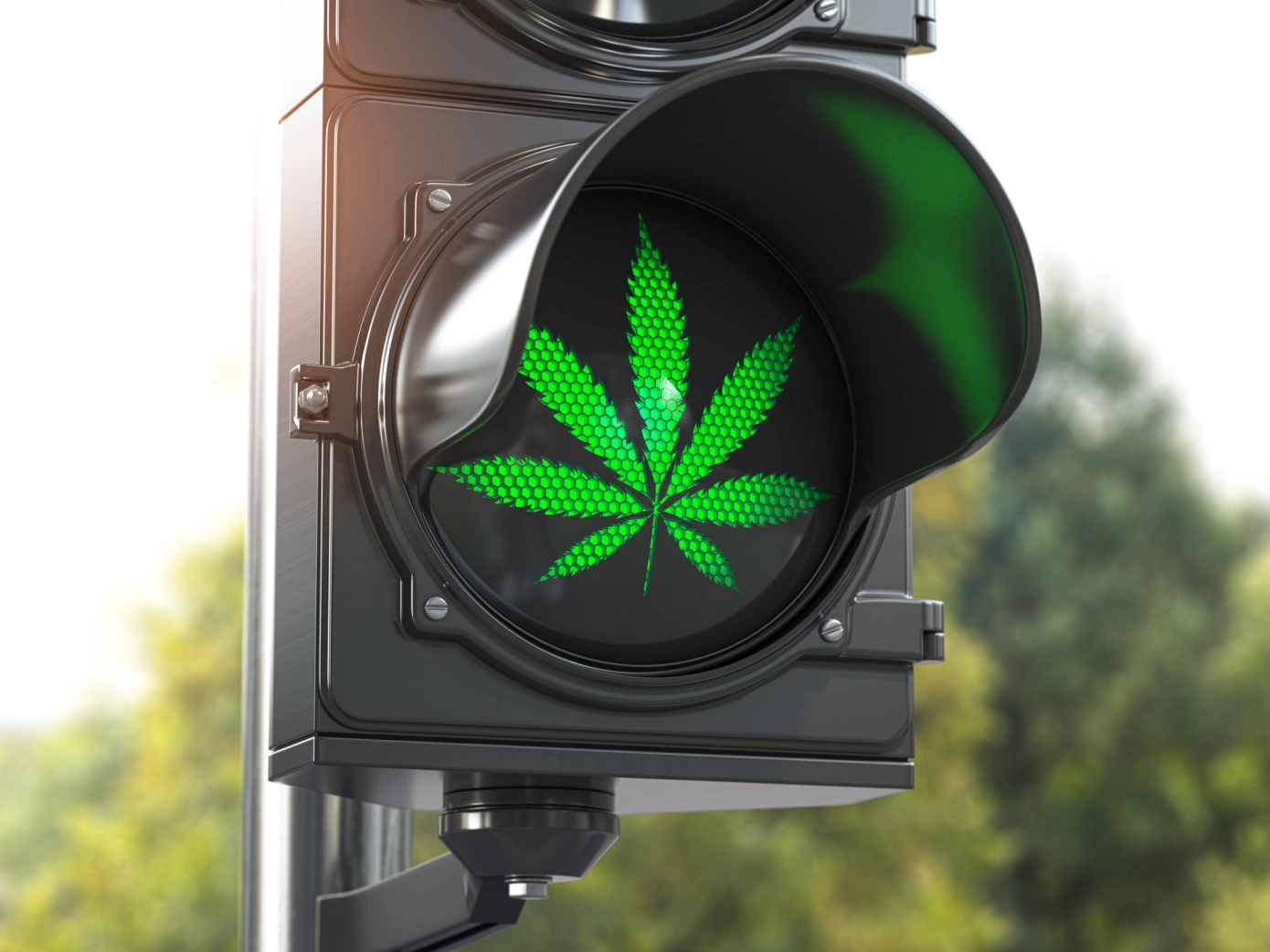It is true that currently, Twitter permits cannabis advertisements in legal states.
Twitter has updated its advertising policy to allow cannabis companies to promote their products and services on the platform in states where cannabis is legal. The new policy went into effect in the United States on February 15, 2023.
Twitter revised its ad policy making it the first U.S.-based social media platform to permit cannabis promotion. In California, Colorado, and Puerto Rico, CBD-containing medications certified by the Food and Drug Administration (FDA) and topical CBD products derived from hemp with THC concentrations of 0.3% or less are now permitted to run advertising on Google. In the United States, advertisements for “topical and non-ingestible hemp-derived CBD products” are permitted on Reddit and Meta, respectively.
Also, see;
Elon Musk, Tesla found not liable in ‘funding secured’ tweet lawsuit
LGBTQ organizations claim a recent rise in Twitter hate speech
Launch of Twitter’s new API platform delayed by Twitter again
“The cannabis space on Twitter is fun and engaging with users Tweeting about their experiences using cannabis – whether medicinally, for wellness, or recreation – as well as recommending brands, products, and retail locations,” reads the Twitter blog post announcing the new guidelines. “The conversation also reflects where the cannabis industry is currently heading: legislative/policy reform, business development, and community impact.”
Twitter asserts that the regulatory change will increase prospects for “ethical cannabis advertising.”
Advertisers must be pre-approved by Twitter and licensed by the relevant authorities in both the United States and Canada. They may not market to those under the age of 21. Twitter states that marketers can only target regions where they are authorized to offer their products and services online. In the United States, advertisements cannot promote or offer the sale of cannabis or CBD unless they are for topical, non-ingestible, hemp-derived CBD products with less than 0.3% THC, as per government rules.
There are a variety of other restrictions included in the updated policy: ads cannot use any character, sportsperson, celebrity, or image/icon that might appeal to minors; pregnant women and minors cannot be used in ads; health claims, false or misleading claims, and depictions of someone smoking a fattie are strictly prohibited.
Considering who is at the helm, it is not unexpected that Twitter is the first social media network to pioneer marijuana advertisements. Elon Musk, CEO of Tesla, has openly admitted to consuming marijuana, including during a podcast interview with Joe Rogan.
Under the new policy, licensed cannabis companies can advertise on Twitter if they are located in states where cannabis is legal for adult use or medical purposes. The companies must also comply with all applicable laws and regulations, including those related to age restrictions, labeling, and product claims.
Previously, Twitter’s advertising policy prohibited the promotion of illegal drugs, including cannabis, regardless of whether it was legal in a particular state. The new policy is in line with the changing legal landscape surrounding cannabis in the United States, where a growing number of states have legalized the drug for medical or recreational use.
The move is likely to be welcomed by the cannabis industry, which has faced significant restrictions on advertising and marketing due to its legal status. Social media platforms, in particular, have been cautious about allowing cannabis ads, with many imposing strict limits on what can be promoted.
With Twitter’s new policy, cannabis companies will have a new avenue to reach potential customers and build their brand, provided they are operating in states where cannabis is legal. However, they will still need to navigate a complex web of regulations and restrictions and ensure that their advertising complies with all applicable laws and guidelines.
It is a dangerous decision for Twitter, as many advertisers will not want their adverts to appear alongside offers for recreational drugs. According to allegations of advertisers quitting the platform, Twitter may be striving to increase advertising revenue. The Information reports that 500 of Twitter’s biggest advertisers have left since Musk seized control of the firm, resulting in a 40% decline in advertising income.


















